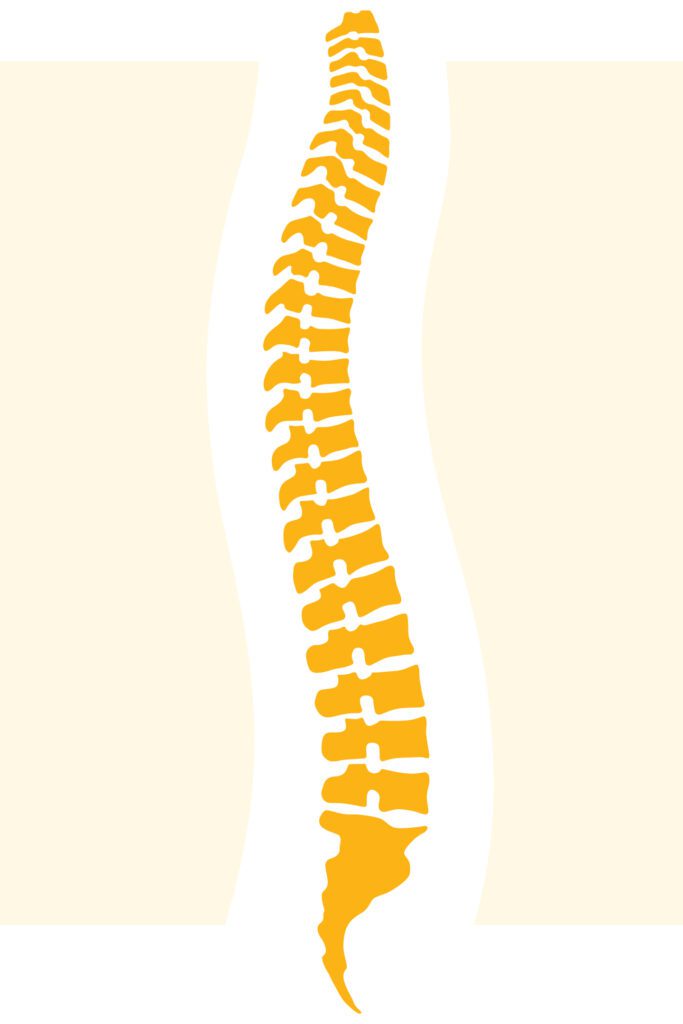Bend So You Don't Break
Whether it’s from an injury or just a normal aspect of aging, back pain can be difficult to deal with. Here are some tips to help you prevent this pesky problem:


- Stretch often, and especially before participating in a physical activity or chore like packing and moving, deep cleaning, or yardwork.
- Exercise regularly. Try tai chi or yoga for stretching, strengthening muscles, and improving balance and posture.
- Get enough calcium and vitamin D to help keep your bones strong and prevent osteoporosis.
- When lifting something heavy, lift with your legs and tighten your core to help stabilize your back. Don’t twist when lifting; use your feet to turn.
- Try to alternate standing and sitting so you’re not in one position for too long, especially during a long day at work.
- It’s important to have good posture even while sleeping! Try placing a pillow beneath your knees when lying on your back or between your knees while lying on your side to support your spine and relieve pain.
Prioritize Your Pressure
Often referred to as a silent killer, high blood pressure (HBP) can go unnoticed because it doesn’t cause obvious symptoms, but it’s very common – nearly 50% of American adults have HBP. The higher your blood pressure is, the more likely you are to have heart disease, heart attacks, or strokes. HBP can also damage your brain, kidneys, and eyes, so it’s important to monitor your blood pressure regularly so you’ll be aware of patterns and changes.
Though there are uncontrollable risk factors for HBP like family history and conditions like diabetes, there are ways to help keep your blood pressure in the healthy range.



Stick to a balanced diet that’s low in sodium, and make sure you’re physically active to maintain a healthy weight. Limit your alcohol intake, and don’t smoke, vape, or chew tobacco. Managing your stress is also key – chronic stress can increase blood pressure and lead to behaviors that increase your blood pressure, like eating poorly and using tobacco or drinking alcohol more than usual.

